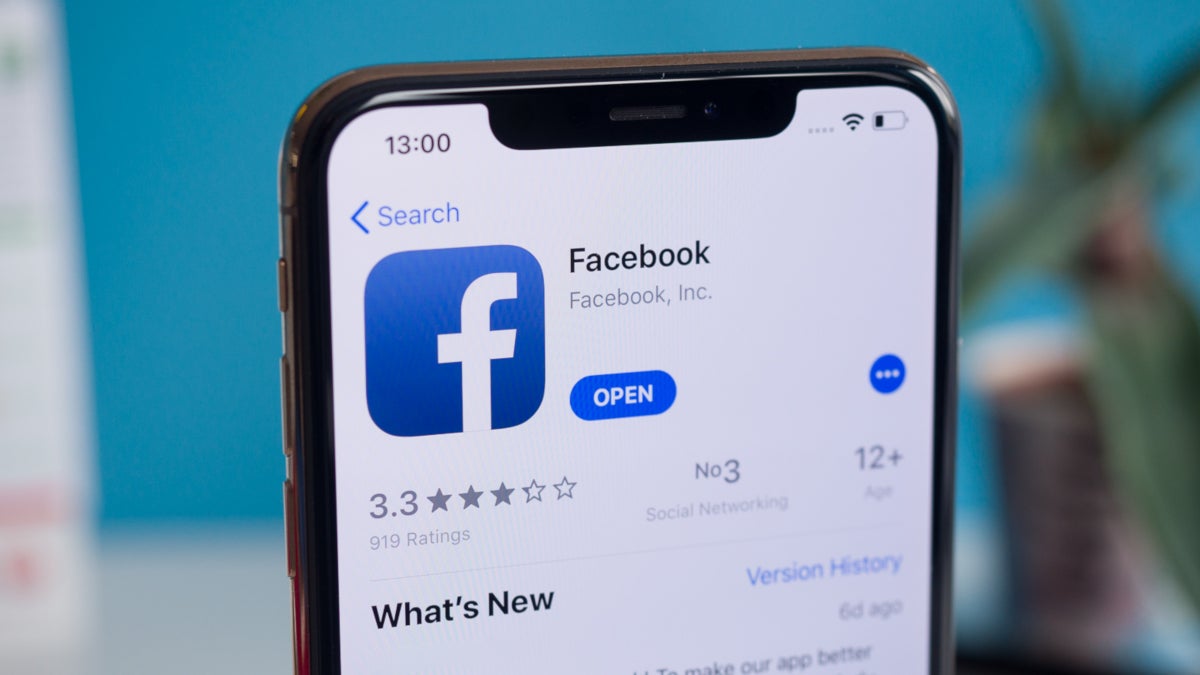Facebook is developing an Android replacement since it doesn't trust Google

You don't need to be a Chinese smartphone manufacturer cut off from the Google Play services version of Android to start developing an alternative operating system. You can also be a large global social-media company headquartered in the U.S. that seeks to control all personal data and aspires to world domination. The former, of course, is Huawei whose placement on the U.S. Commerce Departments entity list prevents it from accessing the U.S. based supply chain that it spent $11 billion on last year.
Without being able to include the Google Play Store on its new phones, Huawei's new handsets cannot run Google's core Android apps like Search, Maps, Gmail and more. That doesn't matter in China where most Google apps are banned, but does hurt Huawei's international shipments. The company developed its own operating system called HarmonyOS as an alternative to the licensed version of Android. Ironically, the OS is not for smartphone use, at least not yet. So for now, Huawei is using an open-source version of Android for its phones.
Can you guess the second company we outlined in the first paragraph? If you guessed Facebook, you're 100% correct. According to The Information (via TechCrunch), the company is building a new campus where it will design new hardware. And to make sure that it is completely self sufficient, Facebook is working on making its own Android replacement; the social media giant has named Mark Lucovsky as General Manager of Operating Systems; Lucovsky was part of the team that developed Windows NT for Microsoft. Facebook also wants to design its own chips and create a new virtual assistant. Currently, its Portal smart display uses Amazon's Alexa to handle complex tasks thrown at it by users.
Facebook can afford to spend money on its whims and that makes it dangerous
While Facebook will continue to offer Android-based apps, the problem is simply a matter of trust. Ironically, the company that allowed 87 million user profiles to be used without permission (resulting in a violation of a signed FTC consent decree and a $5 billion fine) says that it doesn't trust that other tech companies like Google will work with it. Facebook’s VP of hardware, Andrew 'Boz' Bosworth said, "We really want to make sure the next generation has space for us. We don’t think we can trust the marketplace or competitors to ensure that’s the case. And so we’re gonna do it ourselves."

The Facebook Portal smart display hasn't been a big seller
Facebook is also concerned that if it has any issues with Google, it could lead to product delays and other issues. Facebook is said to be is extremely concerned about the augmented reality glasses that it is developing. And by using its own hardware and software in a range of products, Facebook could make it difficult for the government to force it to spinoff some of its acquisitions. For example, if Facebook decides to use the Instagram name on its AR glasses as rumored, it could be harder to request that Instagram be spun off as an independent outfit if it is using Facebook's parts in such a device.
Facebook hasn't proven yet that it can produce a smash hit tech device. Besides the Portal smart display, sales of its Oculus VR headsets are not exactly soaring. Still, the company is taking its self-sufficiency seriously as seen by discussions it reportedly held to acquire Cirrus Logic. The latter makes digital signal audio chips (DSP) for Apple and has a market cap close to $4.7 billion. And that is the problem with Facebook. The firm has billions of dollars available for it to spend on its most devious plans. Consider that the company has a brain-scanning system that uses optical scanning to figure out what words someone is thinking of and turn it into text. And Facebook has been shrinking the size of this down to that of a handheld device and hopes to eventually include it on smartphones.
But hasn't that been Facebook's goal all along? The social media company wants to know exactly what you're thinking at all times and profit from this knowledge.
Follow us on Google News












Things that are NOT allowed:
To help keep our community safe and free from spam, we apply temporary limits to newly created accounts: